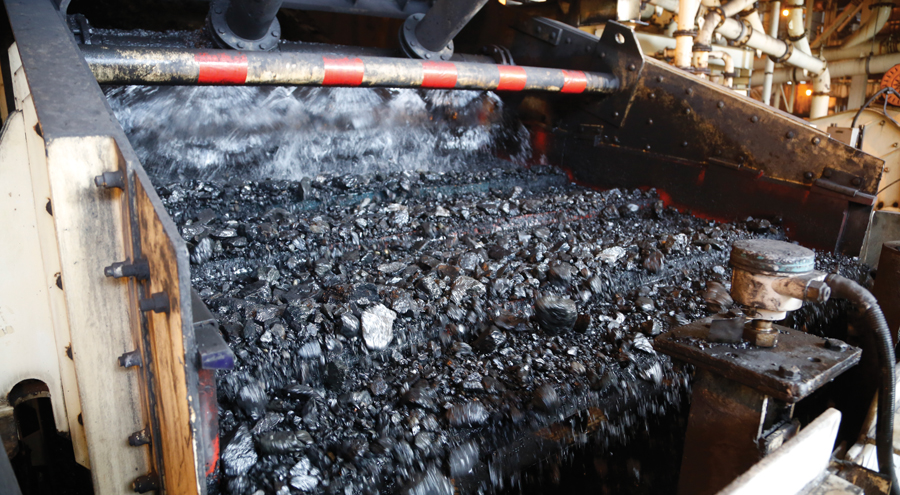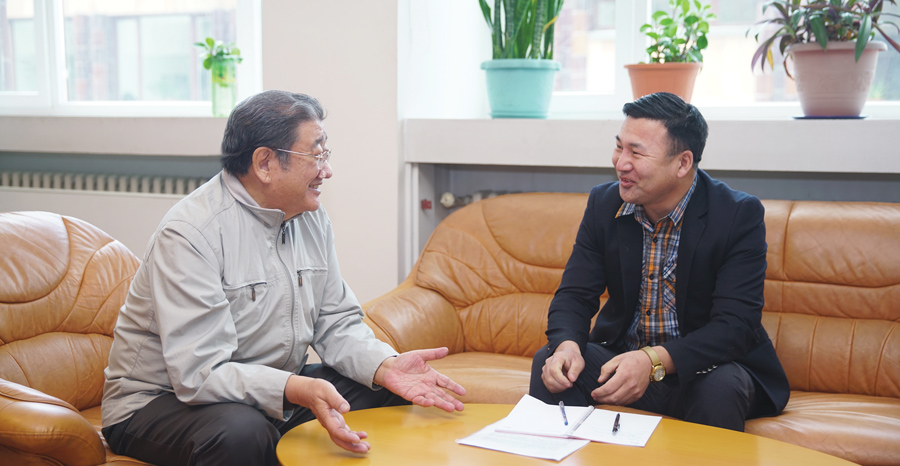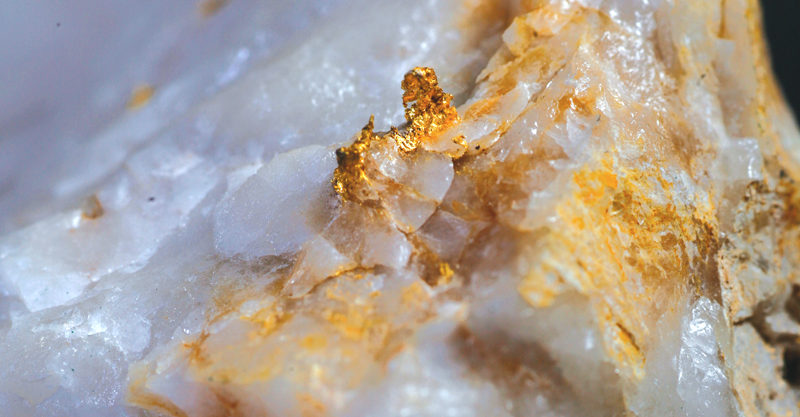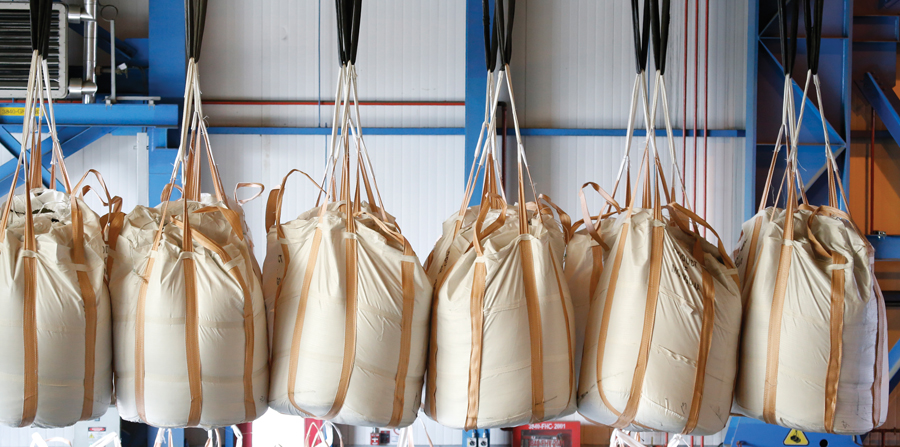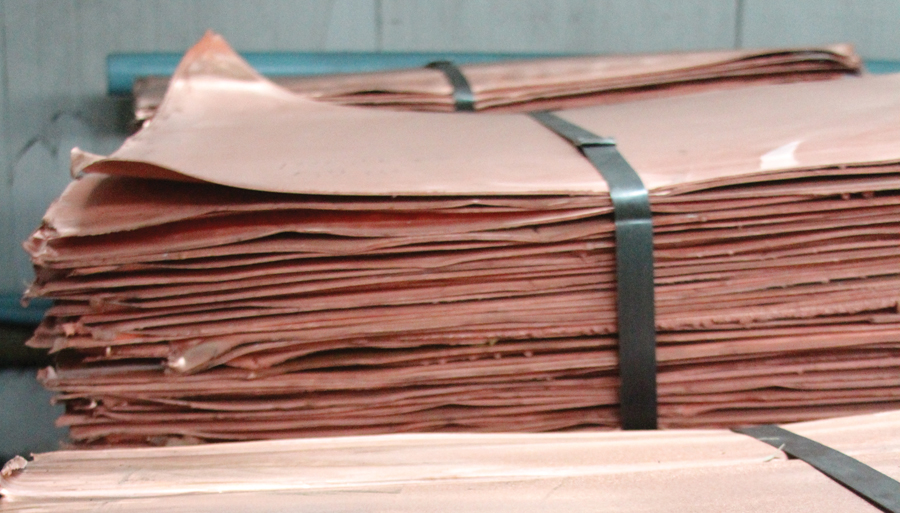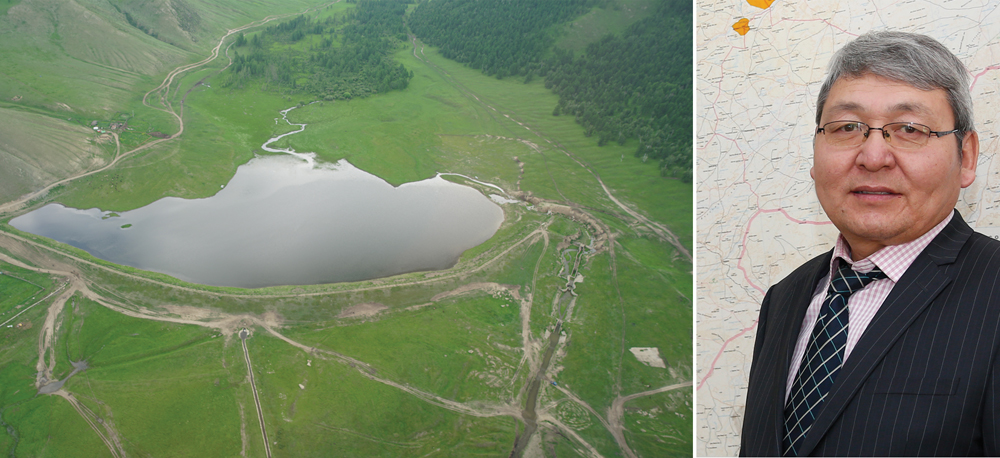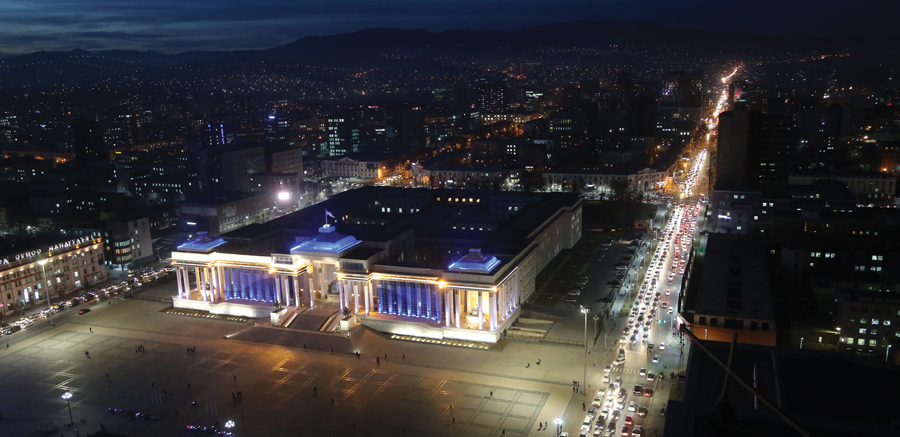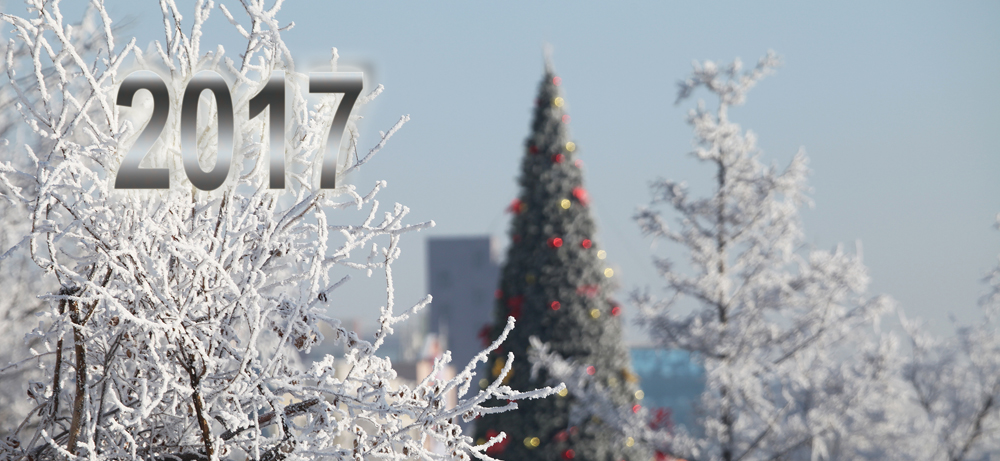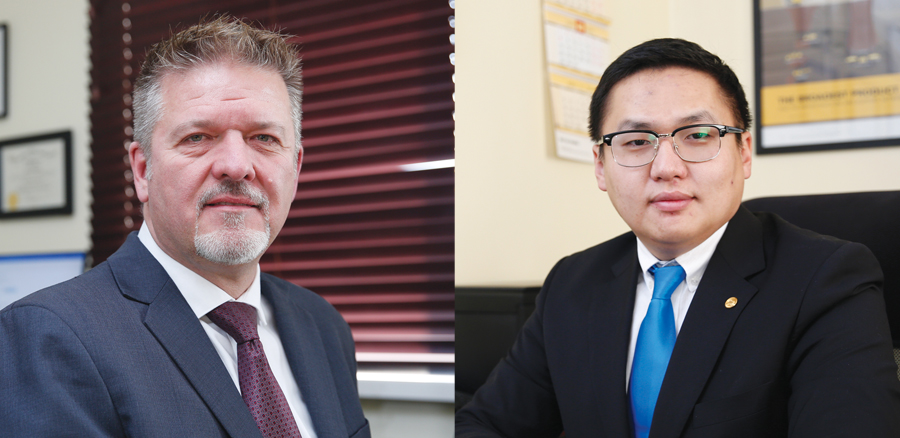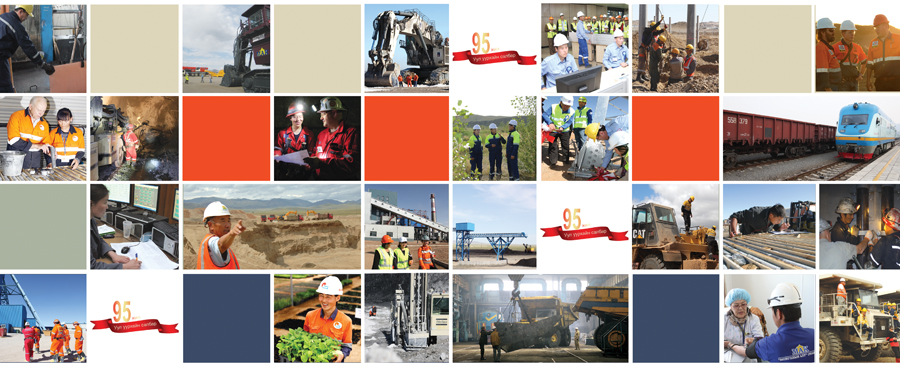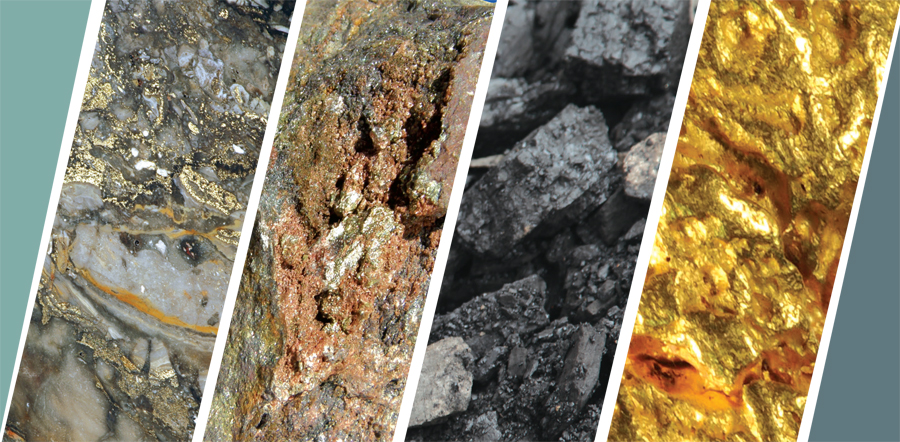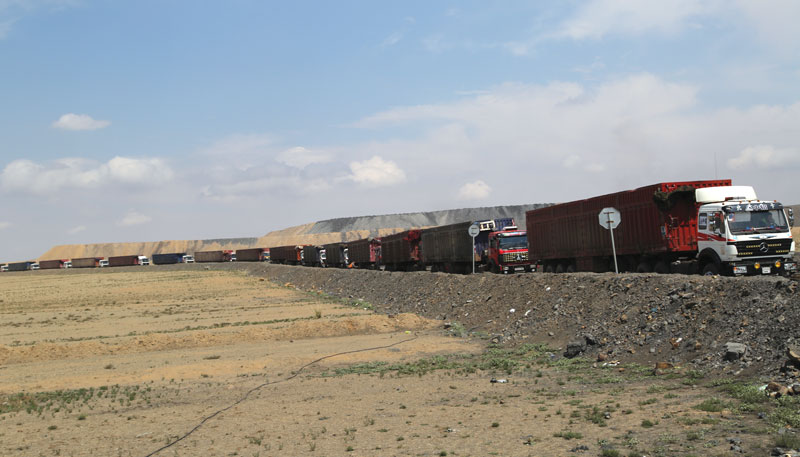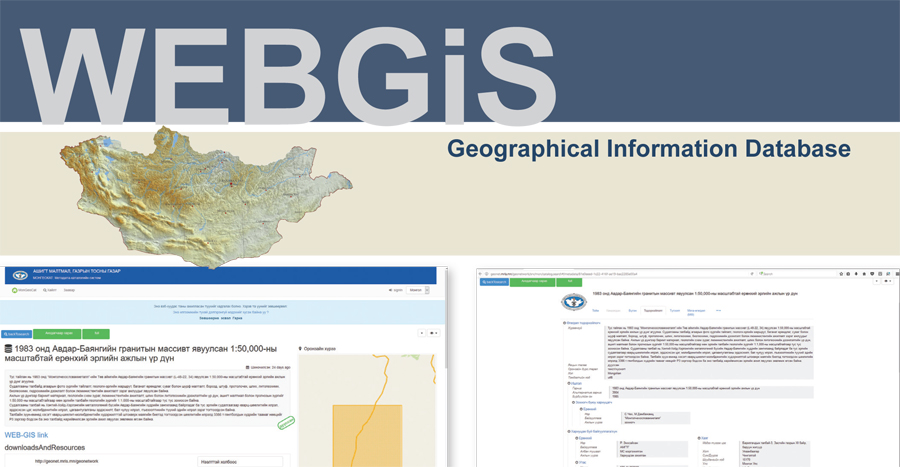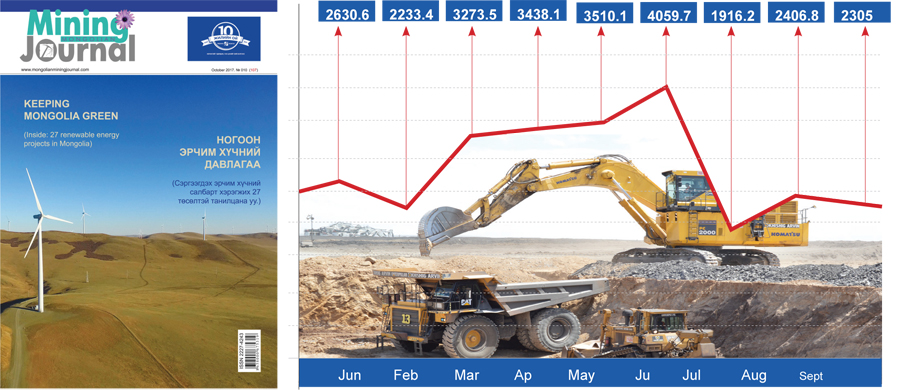Recent news
Gold-2: Good ideas poorly implemented
G.Iderkhangai finds out from E.Enkhbat, Executive Director of the Gold Producers’ Association, why the sector thinks the Gold-2 programme is good on paper but poor in execution.
Call for “win-win partnership” douses tensions, for now
Not many were convinced that the brief, and somewhat sudden, visit to Mongolia by Rio Tinto CEO Jean-Sebastien Jacques was solely or really to inaugurate on 22 January the company’s new office in Mongolia, separate from Oyu Tolgoi LLC. Such events do not usually warrant the presence of the chief executive of a global giant.
Gold sector needs both State support and self-support
Some long-awaited amendments to the Mineral Law on 24 January, 2014 finally brought cheer to the gold sector. Royalty rates were reduced to 2.5 percent, the system of progressive royalties was withdrawn, and Mongolbank was made responsible for refining and exporting all gold mined in Mongolia.
Mega wait for mega projects could end in 2018
Mongolians are happy to endlessly talk about their successes, and to rest on them. Thus it is no surprise that they are still full of how good 2017 was for the mining industry and exports revenue.
OT gold output to double in 2018
Oyu Tolgoi is expected to produce 125,000 to 155,000 tonnes of copper and 240,000 to 280,000 ounces of gold in concentrates in 2018, according to a production and financial guidance released by Rio Tinto-controlled Canadian miner Turquoise Hill,
Copper will take the crown from coal in 2018
For Mongolia, 2017 ended as the year of Mr Coal. Economic growth surpassed expectations mainly because coal exports earned revenue beyond projection, despite an unanticipated slowdown in the second half of the year.
Group studies the economics of water, and is worried
Mongolia has two major water consumption areas – Ulaanbaatar and the southern Gobi region. The first has population pressure, while the second is where mining and economic activity will become more and more intense.
A mining-eye view of the year that was
Looking back at 2017 as a whole, one sees it as a year of both positives and negatives for the country’s development, and also as a period when the mining sector was kept busy throughout.
Modern Mongolian mining is 95 years young
The Mongolian extractive sector, in its modern avatar, completed 95 years in 2017. Archaeological relics indicate that Mongolians practised mining 5000 years ago, but scientific mining began in 1922, with the post-People’s Revolution government deciding to commence coal extraction work at Nalaikh.
Major changes in licence allocation process
Some basic features of the system of issuing mining licences, in force for the past 20 years, have now been changed. Allocation after application is out, replaced by a selection process.
Shanxi likely to buy more Mongolian coking coal
Shanxi province in Central China has 55 percent of the total coking coal reserves in the country and produces 40.74 percent of the country’s coking coal -- the raw material to produce coke – but even then it now looks set to become a major purchaser of Mongolian coking coal, as Shanxi’s coking industry is being expanded in a big way.
“Mongolians can do TAVANTOLGOI extraction work themselves”
N.Ariuntuya finds out from the Executive Director of Erdenes Tavan Tolgoi, D.Ariunbold, about the present state of affairs in the company, and the likely challenges ahead. Some bold decisions are long overdue to fulfil the company’s potential but these can be taken only at the political level.
A tale of lost chances
The graph shows how coal export reached its peak volume in June, only to slide sharply in July, recovering but slightly in August and staying more or less the same in September. Reports so far this month do not promise much of a change.
The IMF program “will not solve structural problems”
Prof. Dr. Hans-Werner Sinn, who retired in 2016 as President of the Ifo Institute and Director of the Centre for Economic Studies in Munich, Germany, was in Mongolia in 2013 and then again in August-September, 2017.
